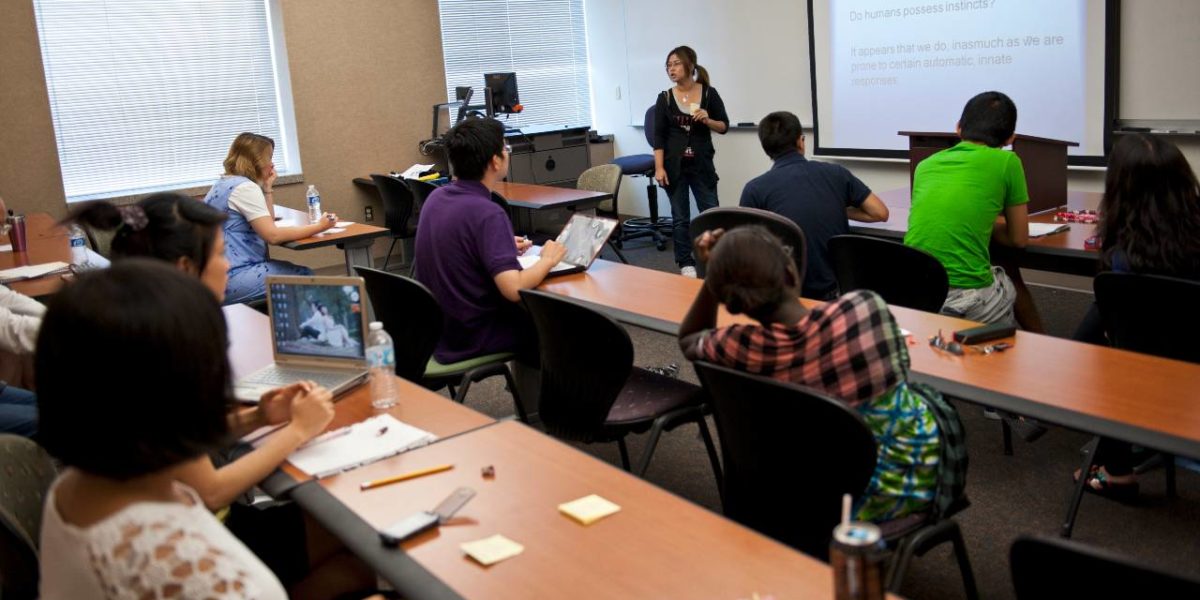Canadian educational institutions have two kinds of students, domestic and international. Foreign students find many advantages in getting education here ,but there are also some challenges they face in a new country.
According to Statistics Canada, in 2021, there were 621,656 international students in Canada at years’ end. According to Immigration, Refugees and Citizenship Canada (IRCC) which only reports on the number of students with a valid work or study permit, the numbers are:
Year IRCC 2014 326,120 2015 350,130 2016 410,400 2017 494,525 2018 558,957 2019 642,480
As the number of international students studying in Canada has expanded, numerous regulations have been put in place to help them in working while studying. International students at the college level saw the greatest growth in labor market involvement, rising from seven per cent in 2000 to 57 per cent in 2018.
The Canadian system of education and its structure was built and developed mainly for domestic students. The arrival of hundreds of thousands of international students in various provinces, especially in Ontario has created new challenges for colleges and universities.
Higher Education Quality Council of Ontario (HEQCO) has recently published a report covering various aspects of the advantages, and challenges, the students and educational institutions are experiencing in Ontario.The report finds that the dramatic growth in international students’ enrolments at Ontario colleges has been accompanied by concerns about the financial, academic, physical, and mental well-being of these students.
International students require a range of supports over and above those originally designed to meet the needs of domestic students. Supports related to housing and transportation, health, and well-being, and belonging and safety are needed most urgently, the report finds that, there is an increasingly urgent need for colleges and governments alike to take responsibility for the well-being of international students.
Before going into further details it will be interesting to have a deeper look into this matter.
Why do international students like to study in Canada and what advantages they find here?
What support do they find to cover some of the expenses?
Do they find more multicultural surroundings?
The excellent level of education is one of the most important reasons why students choose to study in Canada. Many Canadian institutions are at the forefront of ground-breaking discoveries and technological advancements.
There are many job opportunities for international students, and frankly, this is quite fulfilling because students can financially cover their living expenses. Students holding study permits can easily undertake jobs on and off campus.
Canada has evolved into a multicultural society. Its boundaries include the whole globe, and Canadians have discovered that their two international languages, as well as its diversity, provide a competitive edge and Canada surely provides a comfortable and diverse environment with more than 200 languages are spoken in Toronto. But the competition and struggle to find a job have created a kind of resentment in local communities, and escalated tension against Indian students that they are capturing our jobs.
To find out more it is important to understand how colleges and universities are managing these challenges. HEQCO interviewed representatives from 16 public colleges about the opportunities to enhance available resources and the circumstances making these supports necessary.
HEQCO came to know that international students often struggle to understand academic expectations due to differences in education systems of their home countries and Canada. It takes some time to understand working style and surroundings. International students must study and work to cover living and tuition expenses. Some students experience racism on campuses and in communities which can limit their integration and employment prospects.
The report offers the following recommendations to colleges and multiple levels of government to improve the international student experience in Ontario:
- Develop a provincial policy to guide College’s internationalisation arrangements. A coordination between high intake programs and labour market needs.
- Proper monitoring of recruitment and selection practices and procedures to attract international students on merit through a transparent selection system.
- Federal government should provide all support to provincial governments to develop and implement the comprehensive international student policy. International students’ work permits should be examined to evaluate outcomes, study progress, affordability and help them get co-op opportunities.
- Ontario Colleges should review the academic requirements for international students’ admission — including language exam scores and assessment of prior learnings.
- Review the academic requirements for international students’ admission — including language exam scores and assessment of prior learnings — and consider language programs for accepted students who lack adequate skills. Adhering to admission standards can help reduce pressure on students and staff.
- Work closely with municipal governments to address some of the challenges facing students and institutions, including housing, health and well-being, inclusion, racism and local employment.
If these recommendations are accepted and implemented in letter and spirit, we can definitely see much improvement and progress that will make arrival , integration ,and stay of international students much easier and beneficial.




